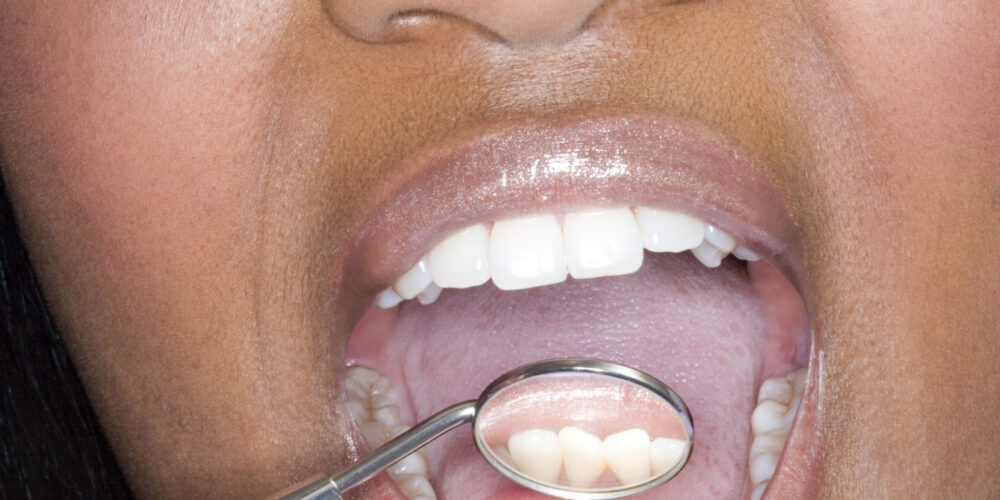
A biopsy in the mouth can be an important procedure that can help with prevention of further and more serious dental problems. Keep reading to find out everything you need to know about oral biopsies.
What is an Oral Biopsy?
An oral biopsy is a surgical procedure in which a small piece of tissue is removed from the patient’s oral cavity so it can be examined under a microscope to detect oral cancer.
Why Would an Oral Biopsy be Recommended by the Dentist?
Some lesions can interfere with your oral function. You may need a biopsy in the mouth to determine what’s causing the lesion so a correct diagnosis can be provided, and proper treatment can be advised. Some inflammatory changes can affect the oral cavity or surrounding bone which your dentist is unable to diagnose definitively with x-rays or clinical examination.
During regular check ups, if your dentist suspects you have oral cancer (which is found in the head, neck or mouth), a biopsy can be performed to confirm whether this is the case. If you’ve already been diagnosed with oral cancer, a biopsy can help determine the stage and extent of the cancer.
What Does the Biopsy Involve?
A biopsy in the mouth is usually performed under either a local anesthetic (an injection into the area to numb it) or regionally, with a nerve block technique. The injection takes a couple of minutes to work and means that the biopsy will be painless.
Once the sample is removed it will be sent to a pathologist, where it will be checked for disease.
The biopsy usually leaves a small hole where the tissue was removed and that often needs stitching. In most cases the stitches used are dissolvable and take around two weeks to disappear. The whole process (local anaesthetic injection, biopsy and stitching) usually takes around 15 minutes from start to finish.
You will be provided with a packet of gauze to change every 20 to 30 minutes over the course of a day.
Is a Biopsy in the Mouth Painful?
Usually there is little to no pain after oral biopsy. When the local anaesthetic wears off the patient might feel a little pain and/or soreness and it can be necessary to take simple painkillers (e.g., paracetamol, ibuprofen). Usually, any discomfort only lasts a few days.
Oral Biopsy Healing
The time it takes to heal from an oral biopsy varies from 2-3 days, usually when stitches were not required, to 2 weeks, depending on the location and type of biopsy done.
How Dangerous is Oral Cancer?
Oral cancer is a serious illness that if caught early on can be treated successfully. That’s why it’s important you try to see your dentist twice a year and make time to do a monthly self-examination. There are ways to prevent oral cancer, and one of the most important is to avoid using tobacco products.
Other factors that should be avoided are:
- Drinking alcohol to excess
- Drinking and smoking together as it can increase the risk for mouth cancer by 30 times
- Poor diet
- The Human Papilloma Virus (HPV), which is transmitted through oral sex
- Exposure to the sun can cause skin cancer and cal also affect the lips and the face
If you still have any questions on biopsies in the mouth, get in touch with us for more information. Or book an appointment now!
Photo credit: Creatas Images
